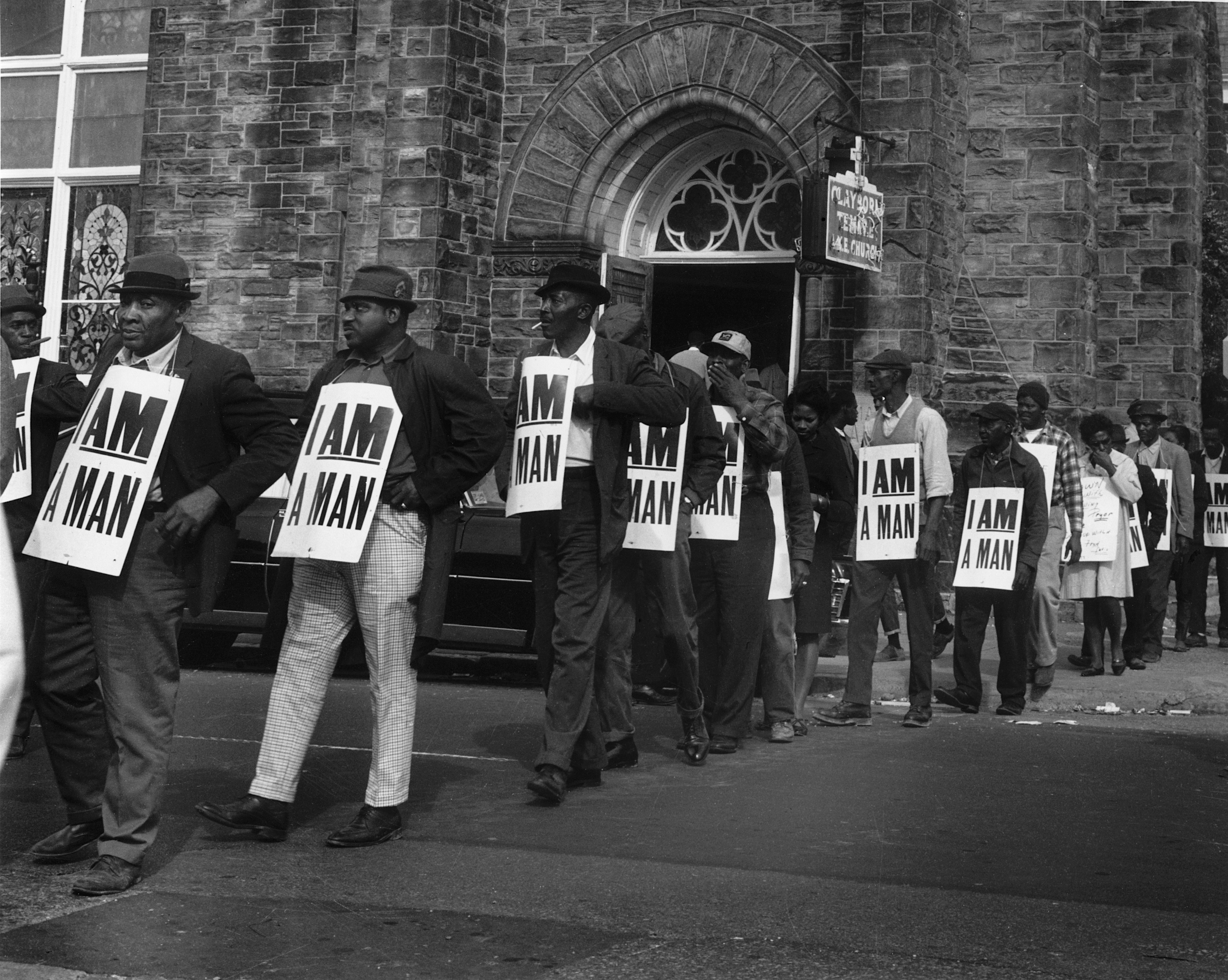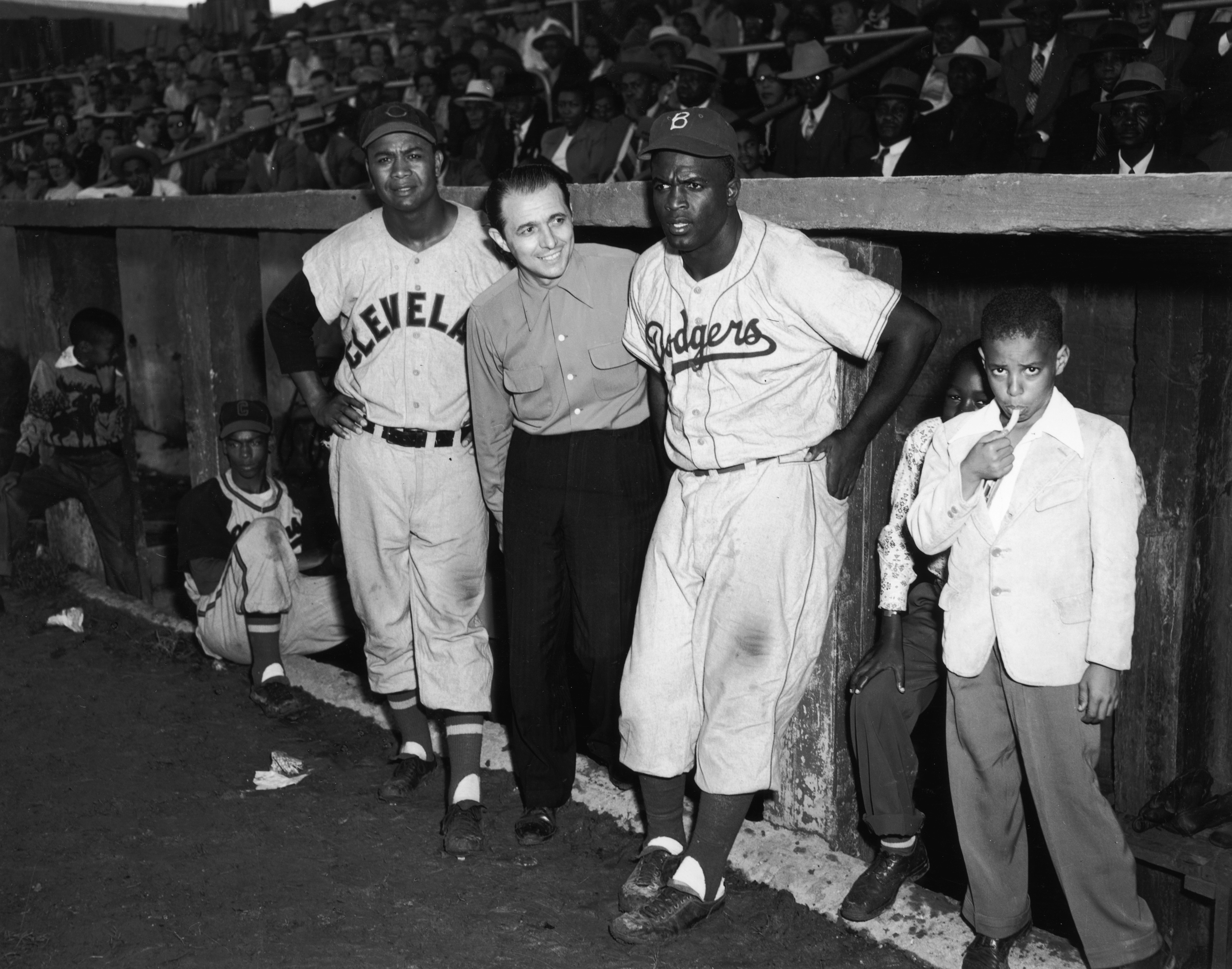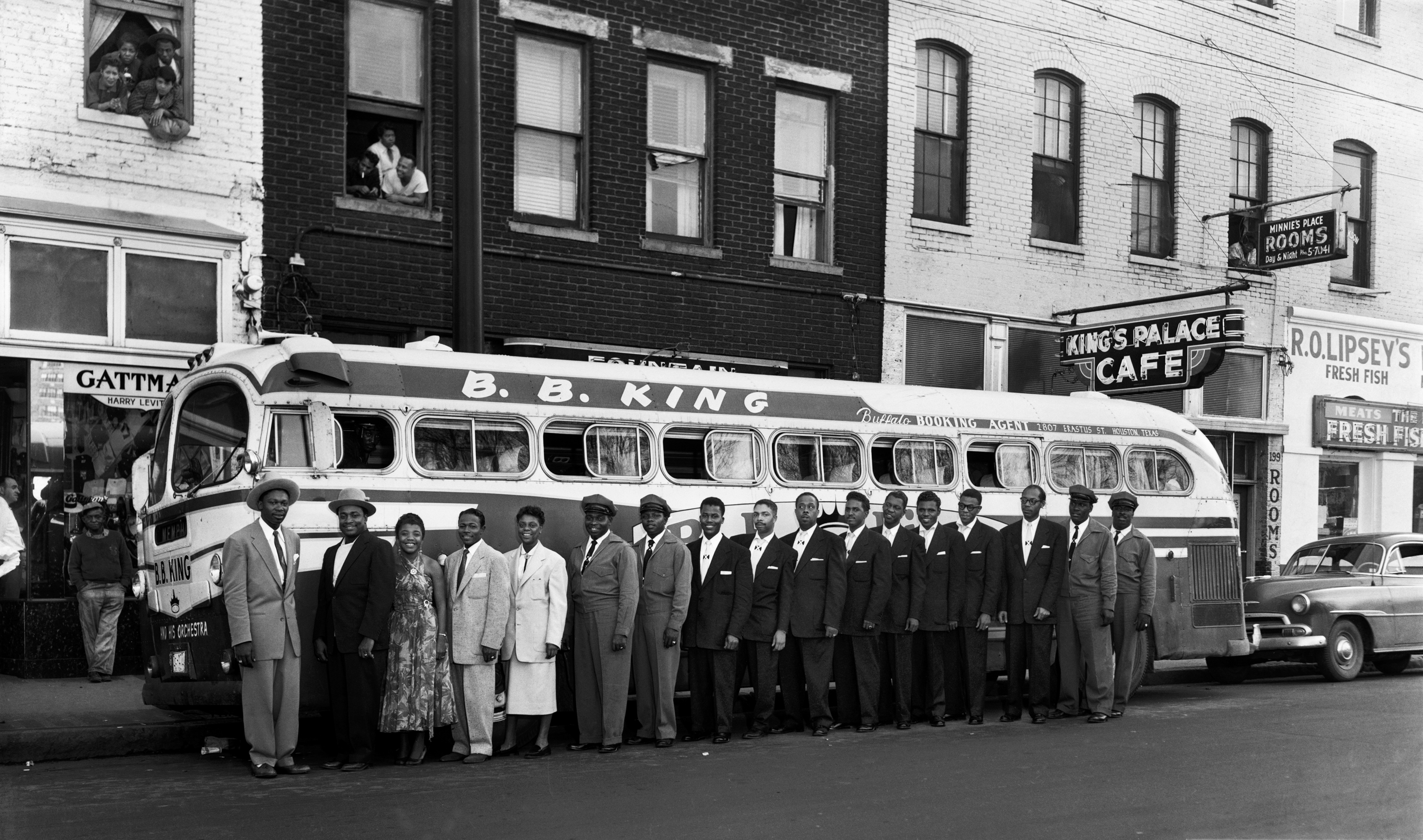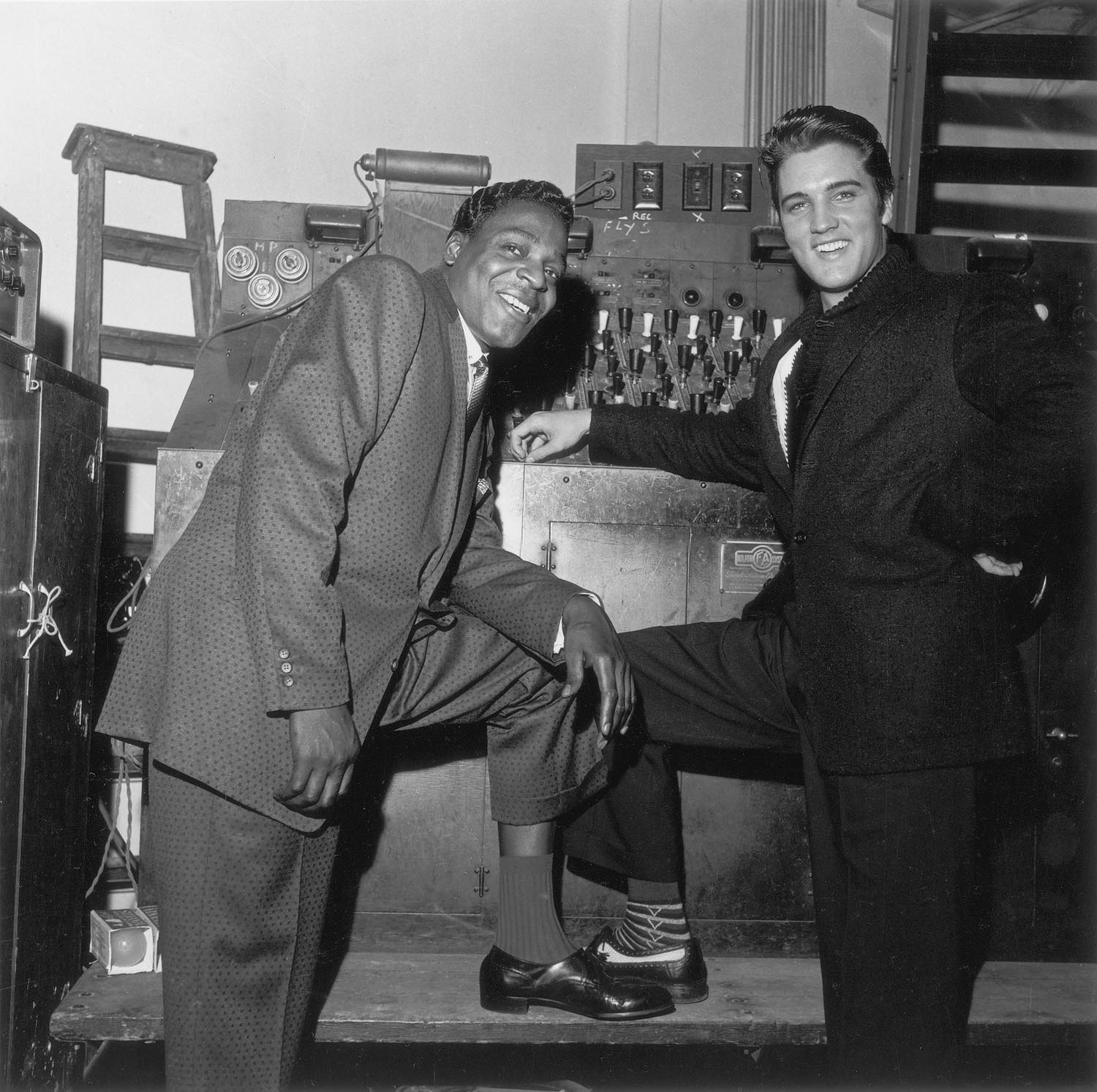IF YOU GO* What: "Pictures Tell the Story."* Where: Bessie Smith Cultural Center, 200 E. M.L. King Blvd.* When: 10 a.m.-5 p.m. Monday-Friday, noon-4 p.m. Saturday, through March 1, 2104.* Admission: Free with museum admission of $7 adults, $5 students/seniors and $3 children ages 6-12.* Phone: 266-8658.* Website: bessiesmithcc.org.
Here's Martin Luther King lying on a bed. There's Elvis and B.B. King, two music giants of Memphis. Here's Jackie Robinson, the baseball pioneer. And there, hauntingly, is the horribly disfigured face of lynching victim Emmett Till.
The late photographer Ernest Withers was there for all of it, chronicling the history -- a specific slice of American history -- of blacks in the South between the late 1940s and the 1970s. An exhibit, "Pictures Tell the Story," featuring 78 of those matted images -- of the estimated 5 million Withers shot -- is on display at the Bessie Smith Cultural Center through March 1.
"It's a great representation of [recent] African American history," says Carmen Davis, curator and program director of the center.
Withers, a Memphis native, worked for the Memphis-based Tri-State Defender and the New York Amsterdam News but also did freelance work for publications around the country. Based in the Bluff City, Tenn., he was in perfect position for the 1955 Mississippi incident involving Till, for civil rights marches, for the movements of King, for Negro League baseball and for the Beale Street entertainment scene.
"We have pieces of all that," says Davis. "It's awesome."
The photographs, selected especially for the Bessie, come from the Withers Collection and Museum in Memphis, where Withers' daughter, Rosalind, is executive director.
"We collaborated for what I wanted in the show," says Davis. "She wanted it to be a really complete story."
Rosalind Withers says it was the Till case, fairly early in her father's photography career, that set the tone for what was to come. Indeed, because he felt the world needed to know more about the facts of the case, he self-published a book on the murder, the trial and its aftermath.
"That was probably really the one he connected to," she says. He wanted people to know "not for any animosity but [so] what has happened in this trial need not occur again," she says.
Withers' photo of Till in the casket, his battered face left untouched by request of his mother, caught the attention of King, who sought Withers out and invited the photographer to join him. In Withers' images at The Bessie, there's King, from 1956 aboard the first desegregated bus in Montgomery, Ala., with the Rev. Ralph Abernathy, at speeches, in marches and at the Lorraine Motel in Memphis, where the civil rights leader often stayed and where he was slain in 1968.
"He went everywhere with him," says Davis. "He really, really captured the movement."
Rosalind Withers says her father was not at the Lorraine Motel when King was killed but had to develop the film that bore the iconic image of the civil rights leader lying on the motel room balcony as officials pointed across the parking lot to the boarding house from where the shots came. The photographer present, she says, did not know how to develop film.
But the images at the Bessie also feature singers Ike and Tina Turner, Aretha Franklin, a young B.B. King with an even younger Presley, and blues singer Howlin' Wolf, all captured in roadhouses, ballrooms and on Beale Street, the heart of music and entertainment in Memphis.
Contact Clint Cooper at ccooper@timesfreepress.com or 423-757-6497. Subscribe to his posts online at Facebook.com/ClintCooperCTFP.




